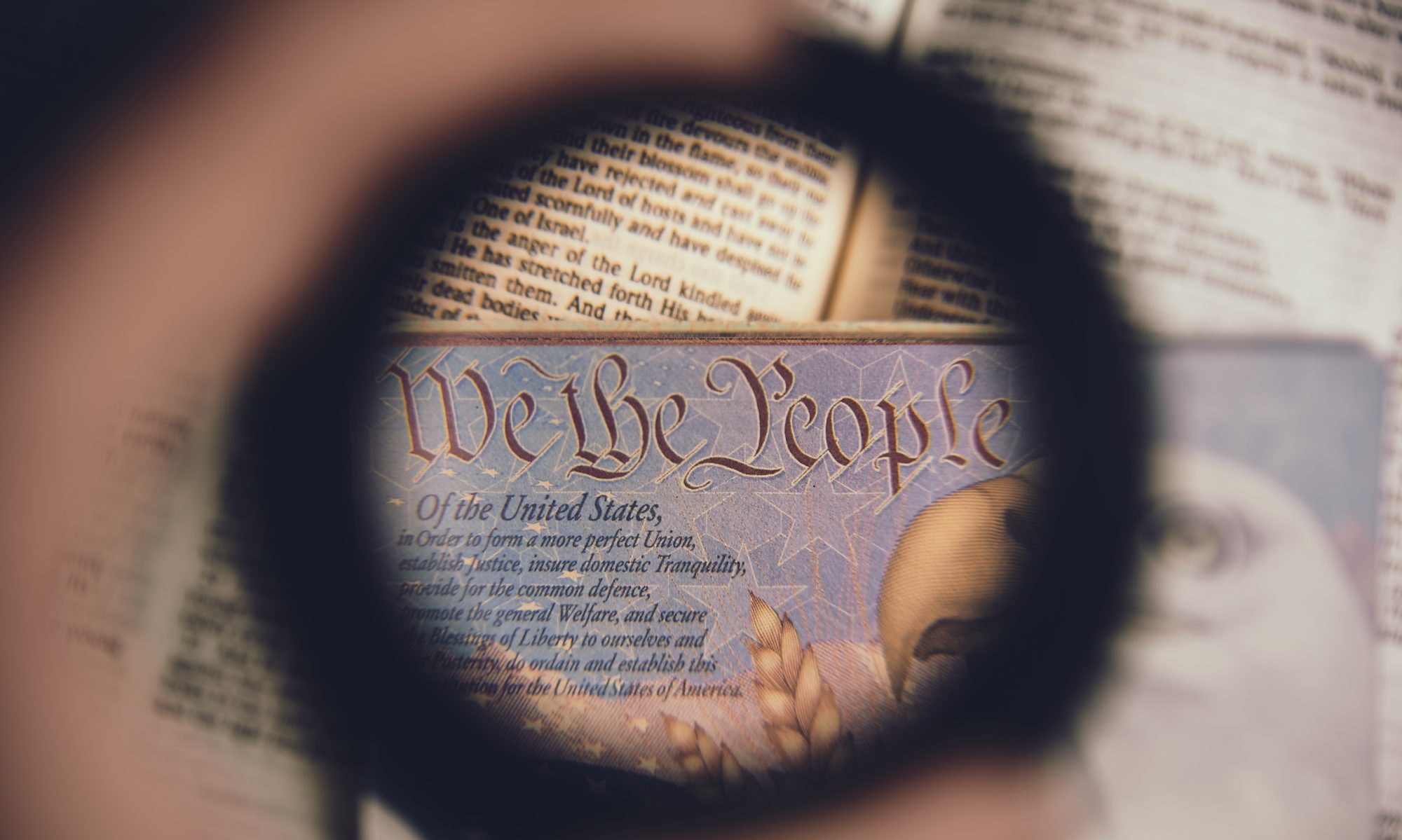February 24, 2020
RICHMOND, Va. — Pushing back against government attempts to further extend the surveillance state, The Rutherford Institute is asking the Virginia General Assembly to reject legislation that would authorize state entities to use automated cameras and radar devices to bring speeding charges for which the accused is presumed guilty.
In denouncing House Bill 1442, which would allow localities to set up “photo speed monitoring devices” in school crossing and highway work zones, Institute attorneys point out that HB 1442 upends bedrock legal principles that are meant to protect citizens accused of misconduct. The letter also accuses the General Assembly of concealing the existence of HB 1442 as it worked its way through the lawmaking process, robbing citizens of the opportunity to air their views on the use of speed monitoring systems, which have been widely unpopular when proposed in other jurisdictions.
“At a time when the Commonwealth of Virginia is struggling with critical issues on almost every front, it is a poor reflection on the General Assembly that one of its top legislative priorities—authorizing the installation and deployment of automated speed cameras throughout the state—involves a backdoor means of generating revenue for localities and police agencies at the expense of the citizenry’s rights to privacy and due process,” said constitutional attorney John W. Whitehead, president of The Rutherford Institute and author of Battlefield America: The War on the American People. “To the detriment of all, House Bill 1442 will further extend the government’s pervasive and oppressive surveillance of citizens.”
House Bill 1442, which is before the Virginia General Assembly, proposes adding a section to the Virginia Code that would allow law-enforcement agencies and localities to set up “photo speed monitoring devices” at school crossing zones and highway work zones. These devices automatically measure the speed of vehicles passing through these zones and take a photograph, video or other recorded image of the vehicle. If the device determines that the vehicle was exceeding the speed limit for the zone by more than 10 miles per hour, the owner of the vehicle can be cited and fined. Based solely on data recorded by the device, a summons for committing a speeding offense can be issued to the owner of the vehicle. The owner would be determined using the image of the vehicle’s license plate as captured by the photo speed monitoring device.
In its letter to Virginia’s Senate Finance and Appropriations Committee, The Rutherford Institute warns against the overtly negative legal and constitutional ramifications of HB 1442, namely that it establishes procedures for proving speeding violations that are contrary to accepted legal standards that normally apply when the government charges a person with an offense. Specifically, HB 1442’s mandatory presumption of guilt offends standards of due process; its assumption about driver identity is insufficient for imposing a fine; its systemic delays in issuing notice of violation hinders drivers’ ability to challenge charges; and it wholly eliminates any requirement that the speed detection equipment used was accurate and reliable for that purpose. Moreover, the Institute warns that these speed cameras will not only provide the government with yet another tool for tracking the movements and activities of citizens of drivers in school and work zones, while doing little to ensure traffic safety, they will also add to the government’s already burgeoning arsenal of surveillance devices, including the already omnipresent license plate readers, which it employs ad hoc to invade the citizenry’s privacy and erode their fundamental right to be free from unreasonable searches and seizures by the government.
NNNN

